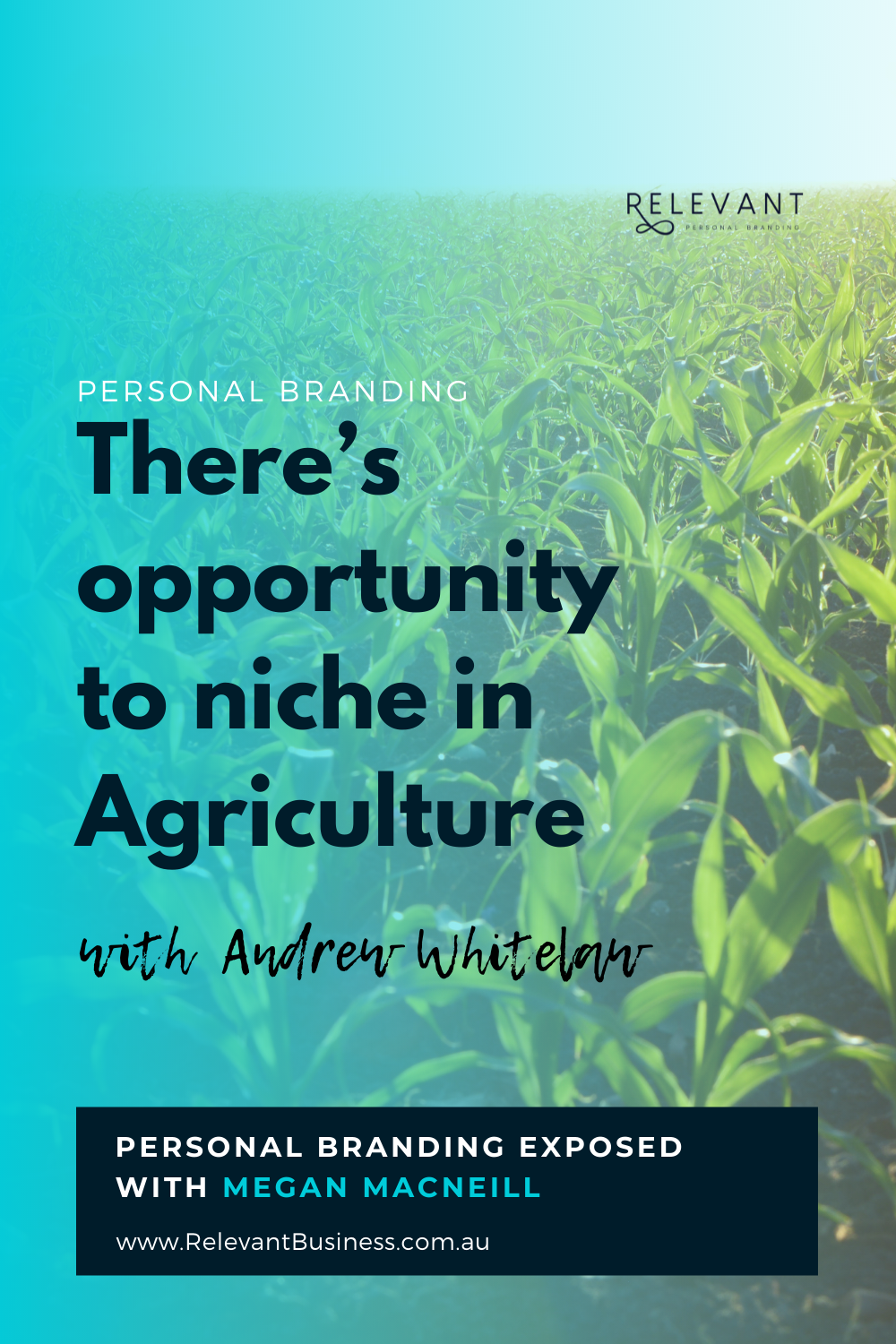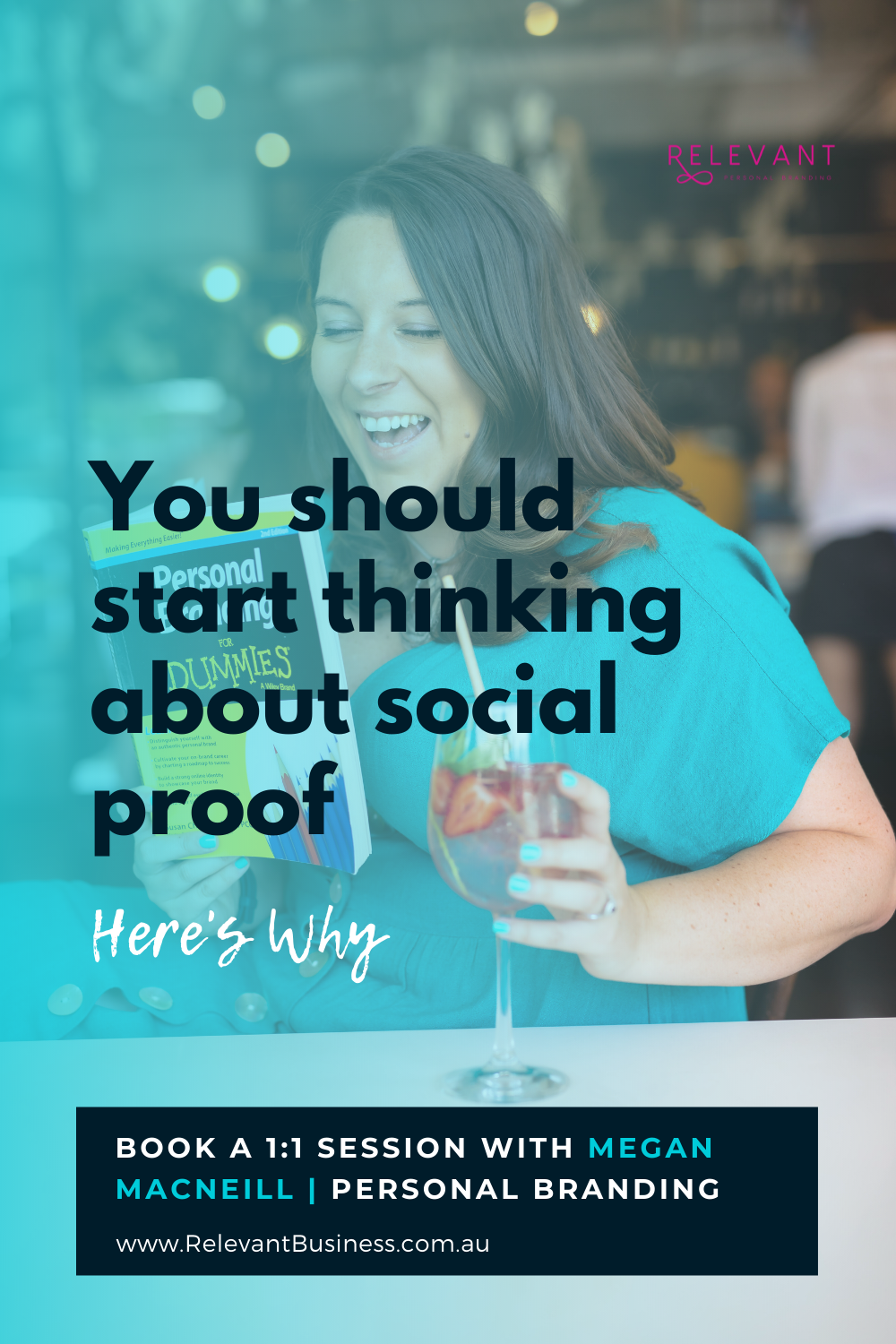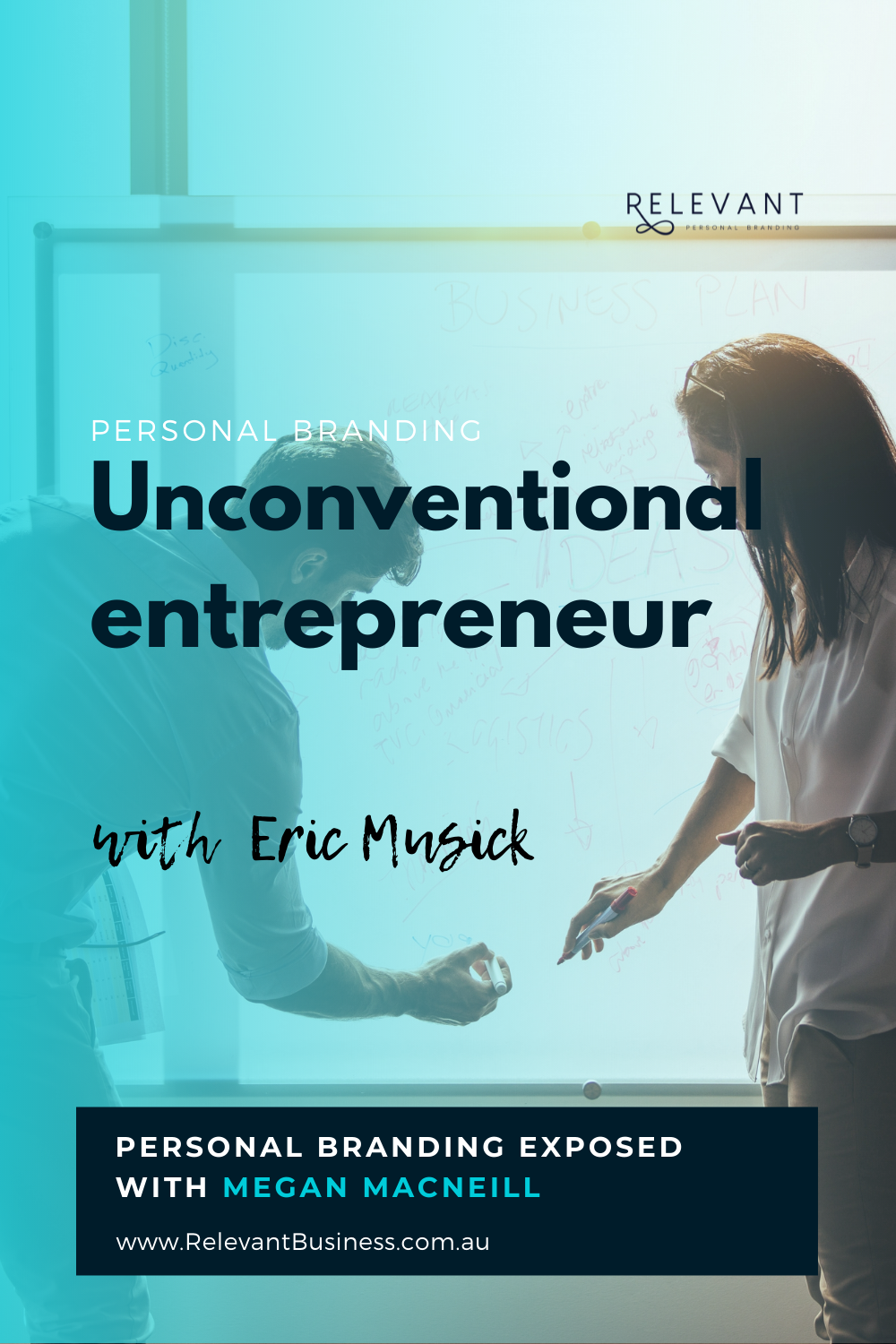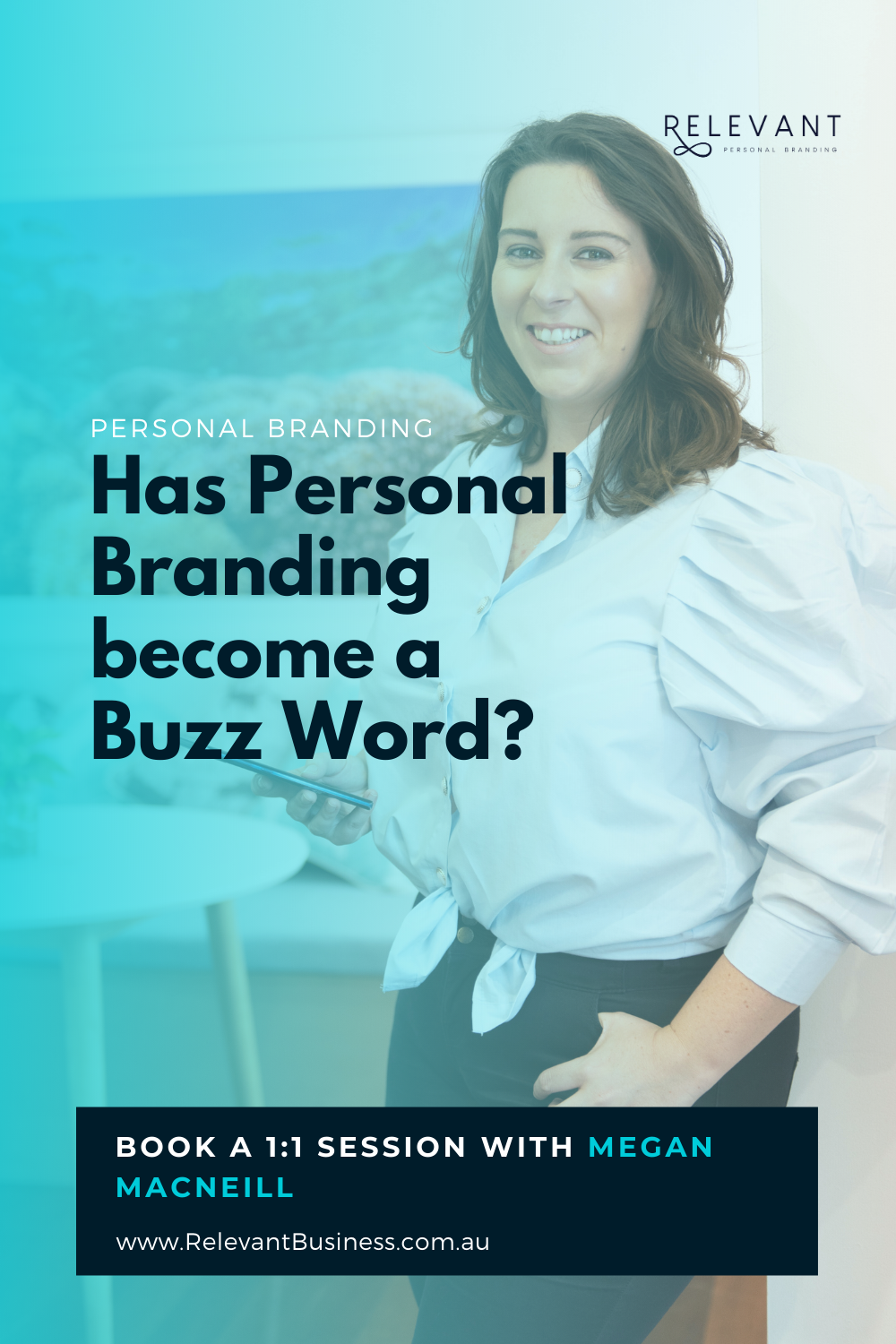In this episode of the Personal Branding Exposed podcast, I was joined by the Rural Market analyst and fellow Scotsman Andrew Whitelaw.
Andrew started his career in the United Kingdom under the wing of a huge grain and animal feed training business, before moving to Australia where he acts as a consultant for the local media and leads the grain/oilseed market analysis for Mercado.
He’s also one of the most self-assured guys I’ve had on the podcast, with his own unique views on life and personal branding, some of which you can read about below.
The Next Bill Gates
Now, Andrew would probably agree with me when I say that no kid in school dreams of becoming an agribusiness market analyst.
In fact, according to himself, his original plans were to become a mechanic, to tinker with trucks, and be very “hands-on” with his work a which went away once he realized he was not the most manual guy in the world.
When the time came to go to college, he opted for the IT course to “become the next Bill Gates” and would remain there for most of his undergrad time, getting into his position on the agricultural feeding company in the third year, when he realized he wasn’t that into technology either.
He says: “A lot of my career was realizing what I don’t like, rather than what I actually like.”
In this, we can already get a pretty good personal branding tip that is to experiment with different niches until you find the one you like. In fact, there is research to show that the most successful people actually go fairly general before niching right down.
So, for his last year in uni, he started focusing more and more on business while working for the agricultural company “for three of four years”.
Becoming An Analyst
Eventually, he decided to come to Australia in order to get more into contact with the grain trade, and although he was more business-focused, he wound up doing like Sarah Blake and staying here for longer than expected.
“The idea was that I was going to come to Australia with my current wife for a year or two, and then we stayed a bit longer and a bit longer.”
At the time of us recording the episode, Andrew was about to complete ten years in Australia, a time that he employed really well in getting a master’s degree in agribusiness and moved to Victoria on the opposite side of the country from where he was.
His work as an analyst began four years ago, a job he describes as I look at a lot of data, and then come up with thoughts on what that data means, and then I tell people.”
Andrew’s work is very similar to that of stocks and shares, but instead of shares, he deals in grains, pigs, and other agricultural commodities.
In more practical terms, he tells me that it mostly involves writing about something boring, (although I personally don’t think it’s boring) in a way that people actually enjoy reading it.
In many senses, what he does is apply storytelling to information that would normally be in a fairly dull graphic chart in a way that is easy and fun to understand.
This mentality of making technical things enjoyable has worked really well for him and can be applied to other fields as well, adding much value to your personal brand.
As a result of adopting this concept, Andrew gets several calls from the media to come to radio and tv and talk about the market chain that feeds the world with tips and predictions.
According to Andrew: “We live in a world where everyone yammers on all the time about data, like oh wow lots of data that’s fantastic, we use big data. It’s BS really, because reality is, no matter how much data you’ve got it is largely irrelevant if you don’t have the experience to know what exactly it means.”
Personal Branding and Honesty
Getting into the subject of personal branding, Andrew touched on the story about how we met, involving a rather racist lady and my characteristic Scottish bluntness.
From this, he draws that one of the secrets to personal branding in his experience, although he admits to never actively building one is honesty to the point of being blunt.
Now, while I agreed that was his personal brand, and that it worked for him, a personal brand was about what people thought when you left the room and letting one’s personality shine through.
And indeed, the fact Andrew, as someone whose job is to interpret data and convey the information to others, is known as someone that doesn’t sugarcoat things is really beneficial.
Now, Andrew did pull a reverse card on me to ask a few questions, and one of them was if personal branding was something that could be taught.
I answered that although yes, you have a public image online whether you like it or not, it’s one thing to have that while being on the sidelines, and it’s another to manage a public image when you are front and center.
Conclusion
My talk with Andrew happened during a live over on LinkedIn and is full of other important tips and discussions, along with many funny moments and jokes on both parts.
I’m longer than my usual half-an-hour episodes, but it adds just as much value to what was being discussed, so feel free to check it out.
Or, if you are the reading type, you can also find articles like this one over at the relevant media website to catch up on other little nuggets of wisdom gathered from interviews with other guests.
You can also follow me on social media to get some exclusive personal brand-building tips and remain up to date on when new podcast episodes are going online.
Keep in touch!
LinkedIn | Instagram | Facebook | Twitter | Pinterest




